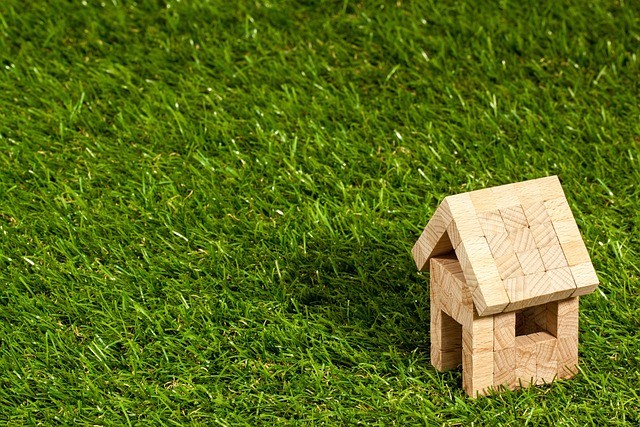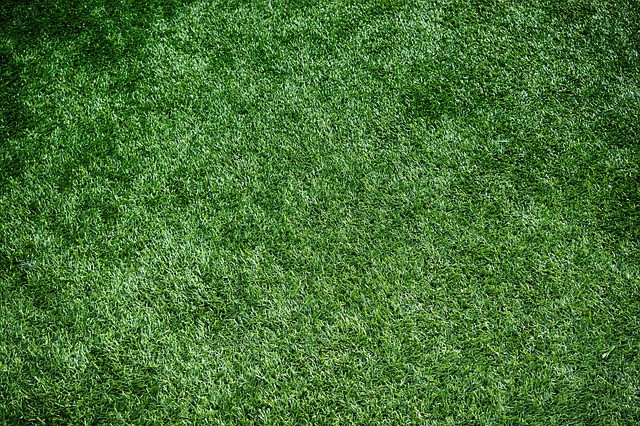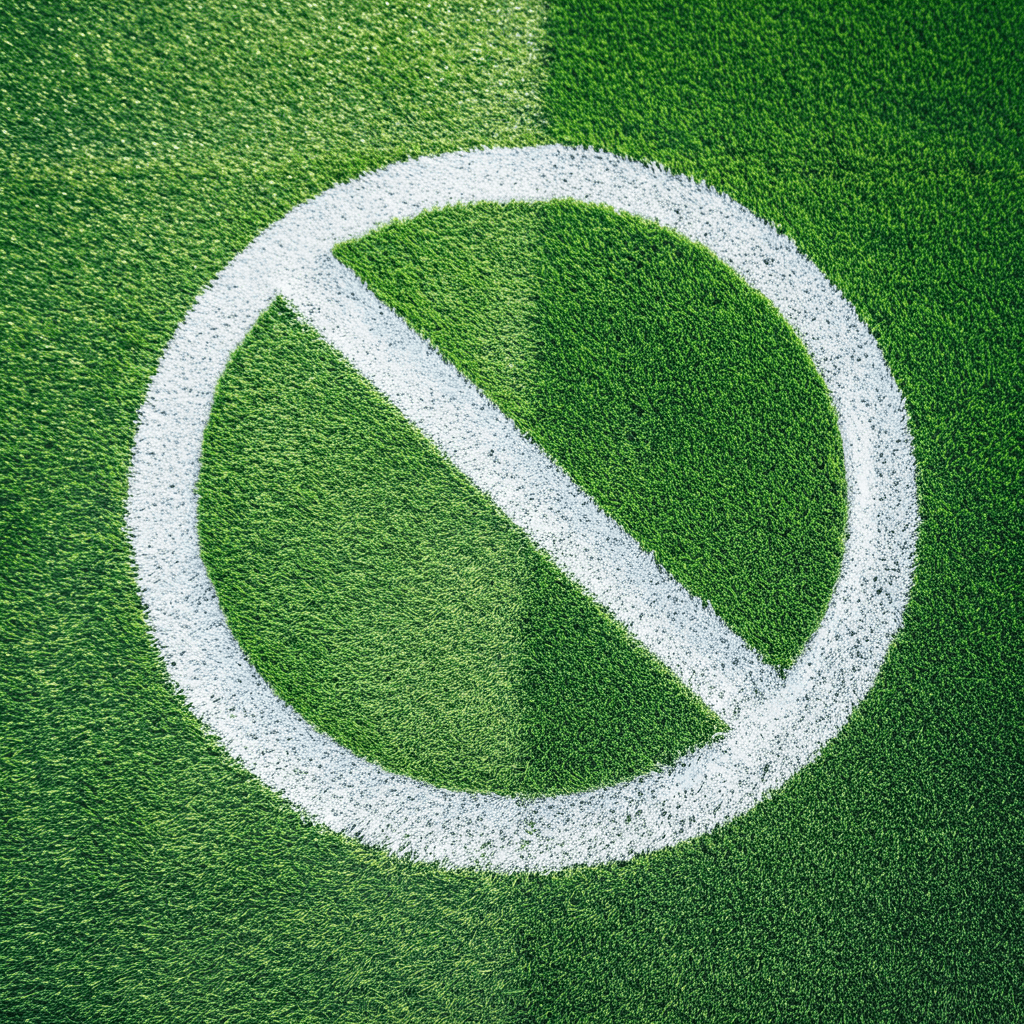Jun 14, 2025
The Myth of No-Infill Artificial Grass
In this article, we will cover three myths surrounding synthetic turf and the supposed need for infill. Don't believe the hype.
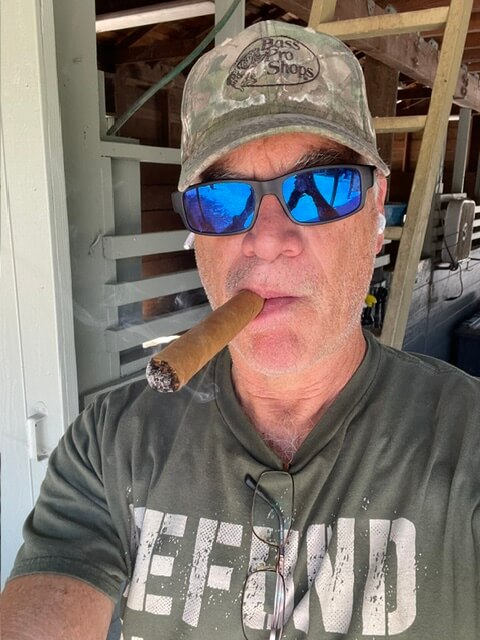
Jerry
Owner, AGL Grass North
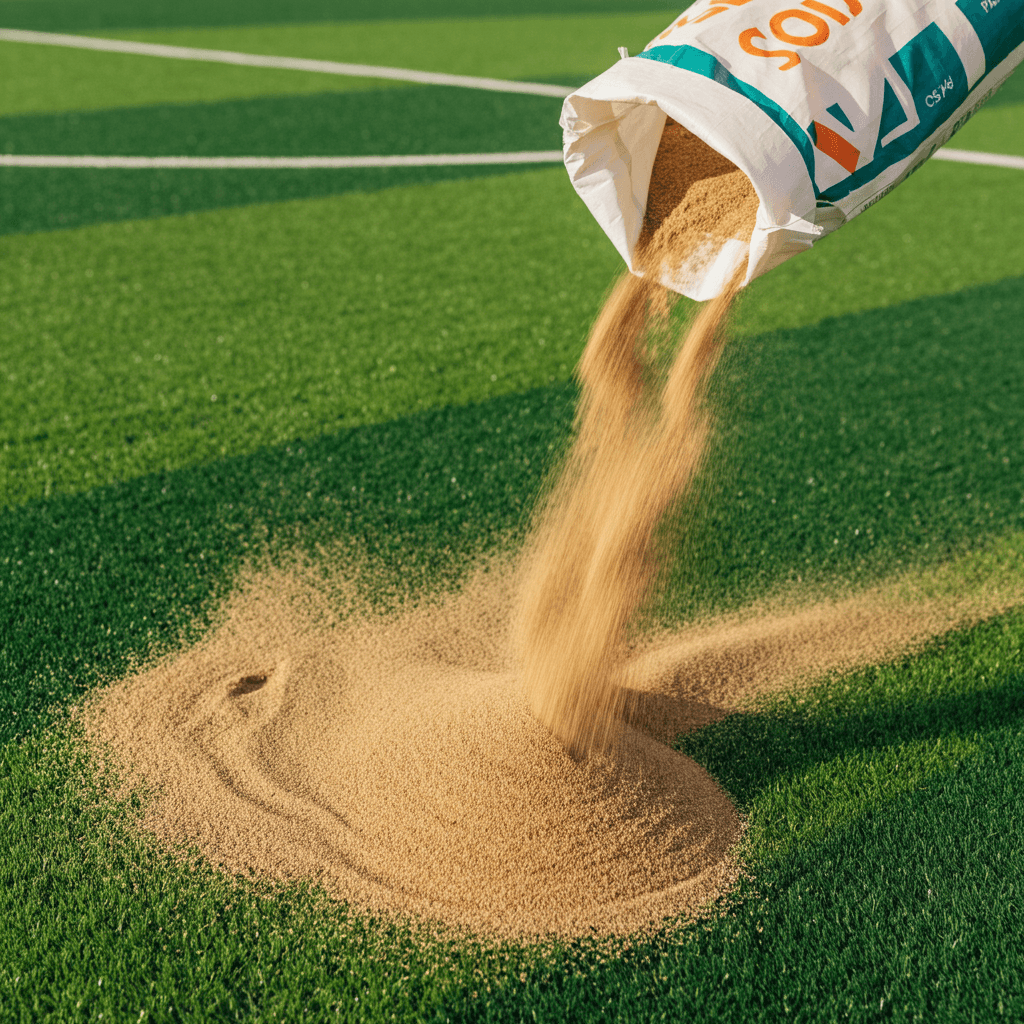
Myth #1
The first myth is that infill is required to support the grass fibers in staying upright.
Generally, the infill covers around 3/4 of the length of the grass blade, which can cause the blade to break or fracture in traffic areas, resulting in compressed or flat spots. Once the blade is broken, it will not stand back up.
AGL grass has blades that do not have a spine and are supported by micro-curled thatching. This design supports the blades, holding them upright and preventing them from fracturing under pressure—no more flat spots.
Myth #2
The second myth is that infill is required to 'weigh the turf down.'
This usually requires 2-3 pounds of infill material, which will be kicked, blown, or washed away over time.
AGL turf's rubber-coated latex backing is more flexible, conforms better to the substrate, and does not require infill. We firmly state that we should 'not use infill' for our product. Not only is it unnecessary, but it attracts biological materials, resulting in weeds and odors.
Myth #3
The third myth is that infill is required to provide cushion for shock absorption.
This might be the case with ground rubber or the expensive beaded material in sports fields, but not with the more common sand products. The sand products will compact and harden, making turf firmer and eventually needing to be broken up.
With AGL Grass, our micro-curl thatching, blades, and backing provide cushioning for most residential and commercial applications.
Read more
Join our Newsletter
Get top Framer components, exclusive freebies, and expert tips delivered to your inbox weekly. Subscribe to our newsletter now!
We send only one email per month, and you can unsubscribe at any time.
